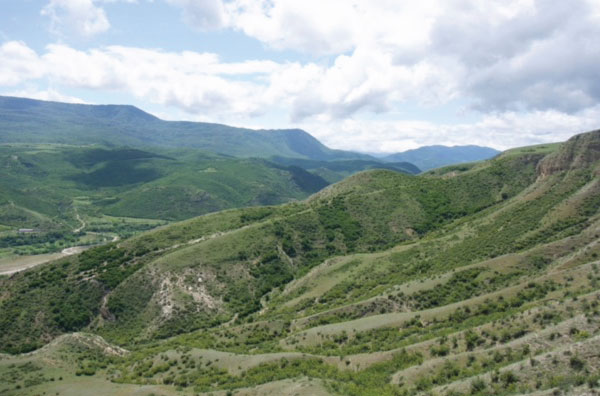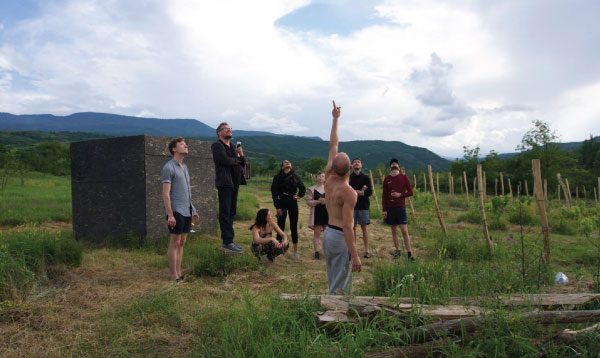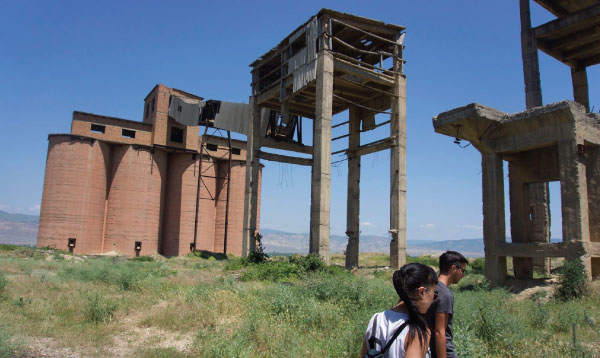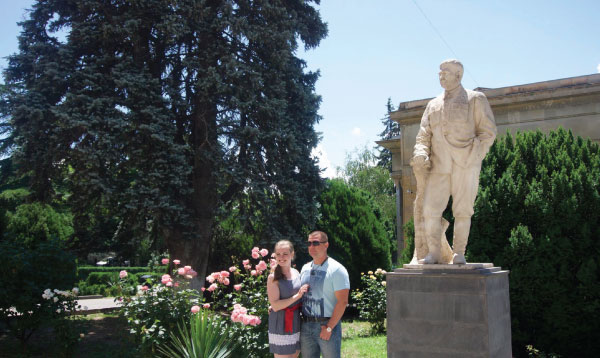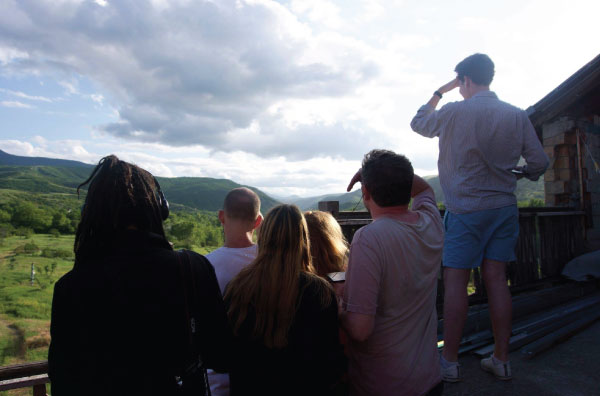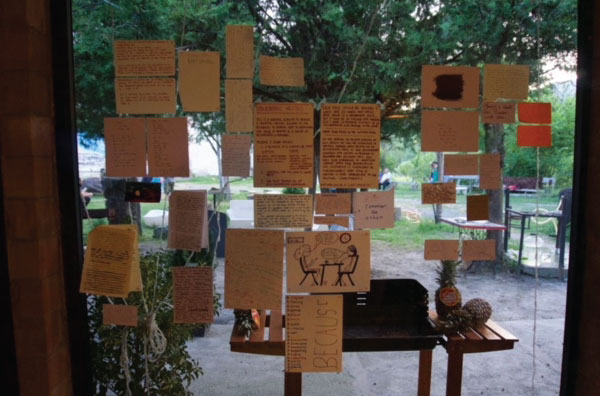
Space, Place & Time Research Group (2016 - 2019)
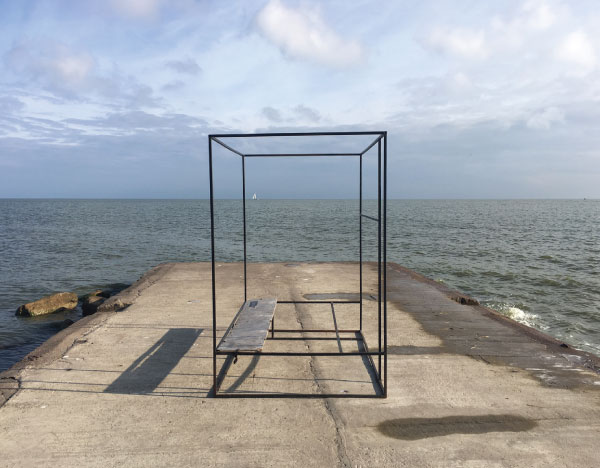
The Space, Place and Time Research Group is a collective of doctoral researchers funded by the Consortium of the Humanities and the Arts - South East (CHASE) whose projects explore the concepts of space, place and time. The group aims to foster conversation and collaboration between various disciplines that share this research focus. Our members include both practice and theory based researchers working across a wide range of fields, including literature, sound studies, visual cultures, theatre and performance, media and communications, and history.
Projects:
Critical Excursions
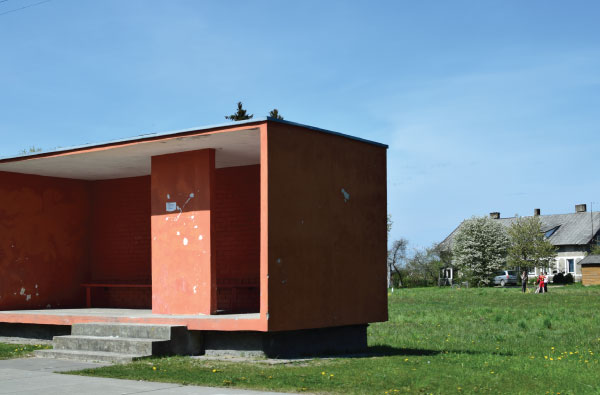
‘Critical Excursions’ initially emerged in 2016 during the first SPT research residency in Nida, Lithuania. Over the course of our group residency we made several excursions into the surrounding Lithuanian forest and dunes, including to the border with the Kaliningrad exclave. We took our chosen readings with us and, prompted by what we saw, discussed, photographed and recorded along the way. In doing so we found a meeting point between practice and theory that allowed us to discuss and engage with our chosen texts from our respective research fields and interests. Between 2016-2018, we facilitated 10 critical excursions in the UK and collaborated with researchers from different disciplines, including literature, sound studies, sociology of sport, visual cultures, theatre and performance, media and communications, history and political science.
The 2019/2020 programme includes a critical excursion to Deptford Cinema in London, where a discussion around the relationship between children and environmental crisis will be formed. In August, we will sail to the sea, whilst during the autumn months we will undertake an Eavesdropping workshop around the UK's East coastline, travel to Belfast and Naples, and will consider the pasts and potential alternative futures of dance music culture in the context of North London's newly emerged community-led nightlife spaces.
Projects:
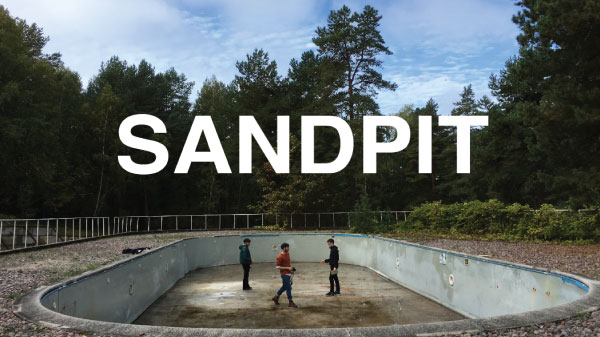
Sandpit #1: 'Interdisciplinary Expeditions: Navigating Through Space, Place and Time', Nida Art Colony, Lithuania, October 2016
Interdisciplinary Expeditions: Navigating Through Space, Place and Time was a 7-day interdisciplinary research exchange project that sought to explore the theories and practices behind the concepts of space, place and time. Located in Nida, Lithuania, this unique project brought a number of researchers from diverse disciplines to investigate the site, examine different methodologies through experiential collaborative work and develop new group projects. The project created a platform for an interdisciplinary exchange of practice and knowledge. Through collaborative group work, participants challenged, questioned, and reconsider their existing methodologies, and produced new creative and academic projects, including films, music, performances and collaborative research papers.
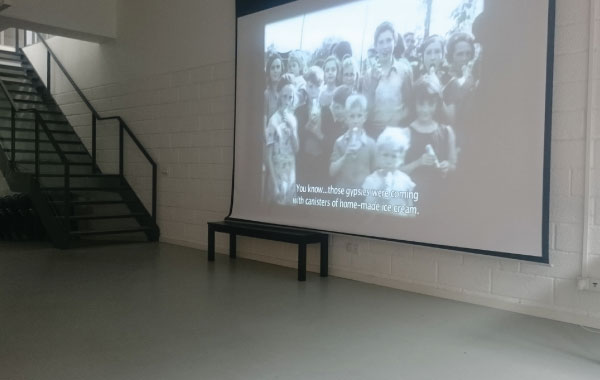
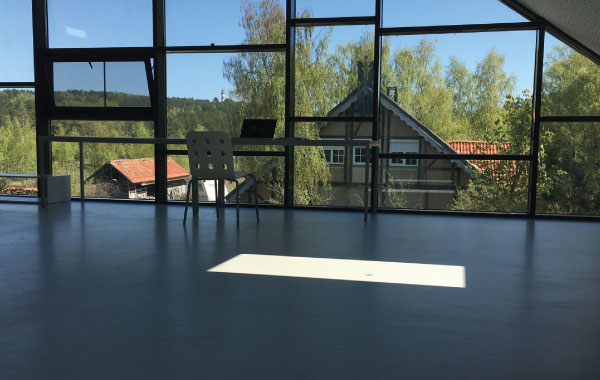
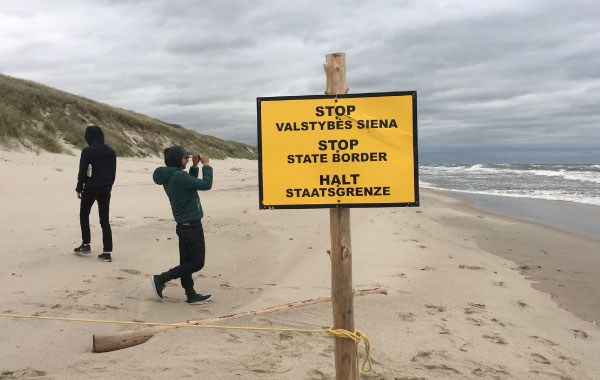
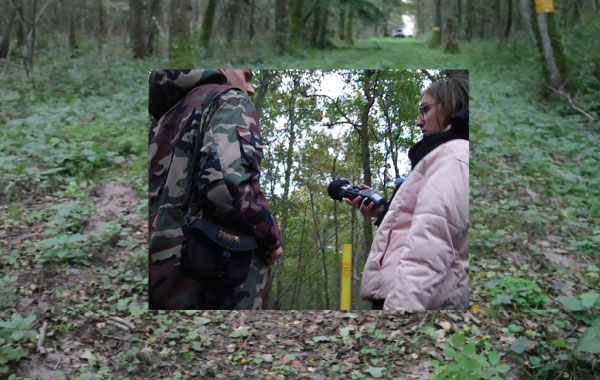
Sandpit #2: 'Navigating through Borders: An Interdisciplinary Research Residency', Performing Arts Forum, France, June 2017
Navigating through Borders project deepened one of the core themes as introduced during the first Sandpit – the question of borders. Over the course of the 7 days, participants addressed this theme through interdisciplinary and collaborative exchanges – examining historical and contemporary socio-political contexts and producing new findings as a result. These findings were developed further through critical discussions, reading events and screenings, and discussions of broader issues to the proposed theme, such as the EU and global crises. The final outcomes included ethnography-led films, sound performances and podcasts.
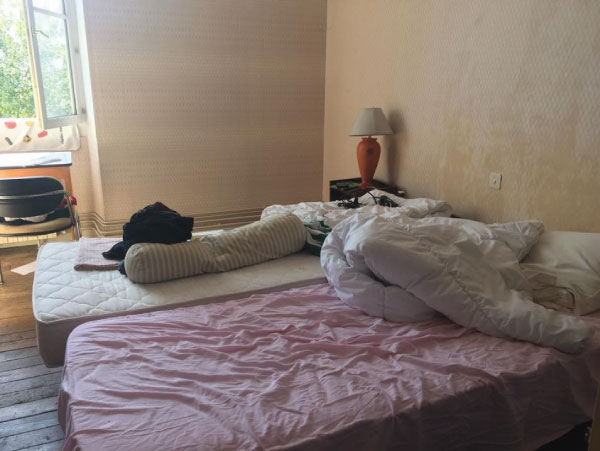
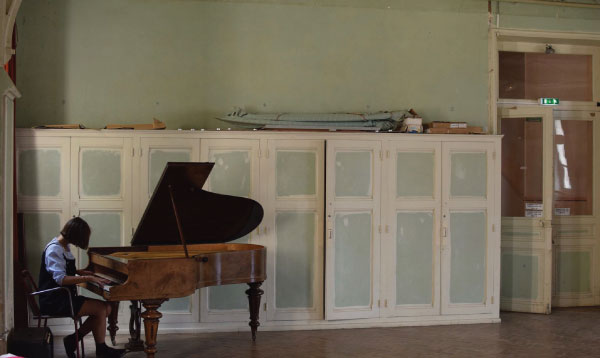
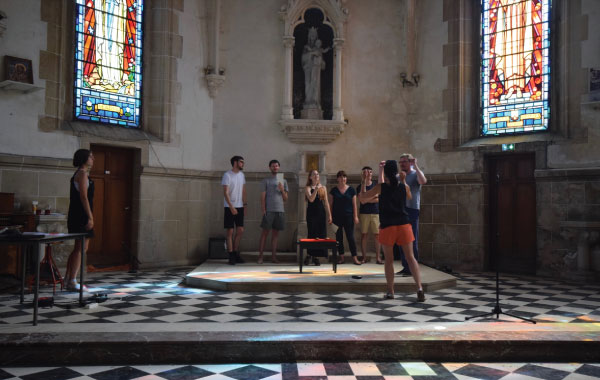
Sandpit #3: 'Tracing Displacement: An Interdisciplinary Research Residency', Art Villa Garikula, Georgia, June 2018
Over the course of this 9-day project, a group of 15 interdisciplinary researchers explored the theme of “displacement” within the context of the Post-Soviet State. As a theme that has recurred throughout the past two Sandpit exercises, examining the displacement of people—particularly as a result of war and conflict— formed the next logical stage in the development of SPT’s research activities. Following the discussions and activities held in Nida that focussed on the political border shifts and displacement of ideologies, as well as the exploration of the literal displacement of bodies as encountered in Calais and Pa-f, Tracing Displacement not only shared commonalities with the previous projects but also acted as the next necessary step for further investigation. We believe it was important to understand how both borders as well as bodies have been subject to displacement in recent political history, and Georgia sits as a historically rich, yet under-researched, example of such shifts.
The Villa, and the country of Georgia more broadly, served asa particular flashpoint for considering the displacement of communities, people and cultures. Throughout the Russian Revolution, the dissolution of the Soviet Union, and the civil conflicts plaguing the country throughout the early 1990s, the Art Villa Garikula has served as a summer residence, an army base, an orphanage, and since 2000, a centre for contemporary arts. Historically, the Villa exemplifies the flow of displaced peoples and communities. Now, its residents aim to contribute to reconstructing and reorganizing the social and cultural life of Georgia in the aftermath of the Soviet Union (Art Villa Garikula, 2017).
